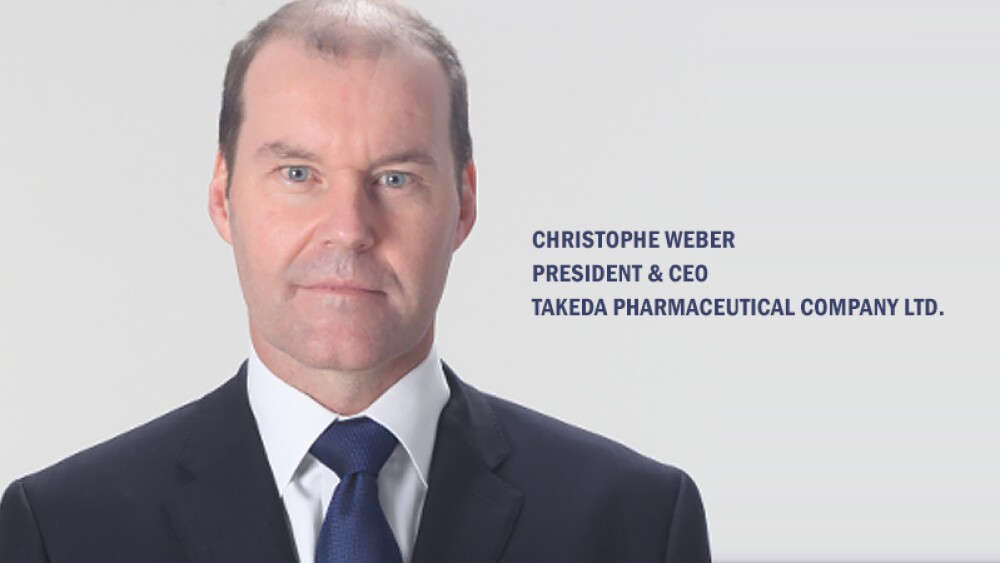January 20, 2017
By Mark Terry, BioSpace.com Breaking News Staff
In January, Takeda Pharmaceutical acquired Ariad Pharmaceuticals for $5.2 billion. Recent filings with the U.S. Securities and Exchange Commission (SEC) provide more details about the deal.
What is most peculiar about the deal is that Takeda seemed to be in a bidding war with itself. Takeda began with an offer of $20 per share. John Carroll, writing for Endpoints News, says, “But Ariad’s board never managed to get any new bidder to the table, shrugged off by the three companies the board felt were the most likely to make an auction really interesting.”
Eventually, after some back-and-forth, Takeda offered $24 per share and Ariad took it. It amounted to a 74 percent premium.
Ariad was a little bit controversial over the last year. During the presidential election, U.S. Sen. Bernie Sanders called out Ariad over price increases for its leukemia drug, Iclusig. Since its launch in 2012, the price for Iclusig rose 73 percent. Sanders said the price increase went from a monthly price of $9,580 in 2012 to $16,560 per month—a total price of $198,720 per patient annually.
The drug pricing debate during the election was a potent one, although far more attention was paid to Mylan NV ’s price gouging for its EpiPen Auto-Injector or the “pharma bro” antics of Turing Pharmaceuticals’ former chief executive officer Martin Shkreli. Shkreli became the poster boy for price increases after his former company jacked the price of toxoplasmosis treatment Daraprim by 5,000 percent after it acquired the drug for $55 million.
Although much of the heat has died down, it crops up from time to time whenever President Trump is asked about drug prices. The biopharma industry appears to be hoping he won’t do anything about it, and although his responses have been inconsistent and lacking in details, he recently said that the pharmaceutical industry as “getting away with murder” and suggested he would take action.
In the deal, Takeda picked up Iclusig, as well as a late-stage drug brigatinib, which many project will be a blockbuster. It is being developed for patients with anaplastic lymphoma kinase positive (ALK+) non-small cell lung cancer (NSCLC) whose disease is resistant to crizotinib.
Carroll writes, “Weber (Takeda’s chief executive) has a ways to go before proving he made the right decision, but he’s moving fast to overhaul the aging Takeda into a fleet-footed global player in biopharma. Sometimes, he’s racing against himself.”
Iclusig is expected to create sales of $170 to $180 million in 2016. Takeda’s best-selling blood cancer drug, Velcade, will be facing generic competition this year. Other key products will be losing patent protection starting in 2020.
As part of the acquisition, Ariad chief executive officer Paris Panayiotopoulos, who has been on the job slightly over a year, receives a golden parachute worth $24,847,335. The company’s chief financial officer, Manmeet Soni, receives $13,390,226.
Takeda is currently trading for 4,714 Japanese Yen (JPY). Shares traded on February 2, 2016 for 5,950 JPY, dropped to 4,132 on June 24, and rose to 4,970 on January 11, 2017.





